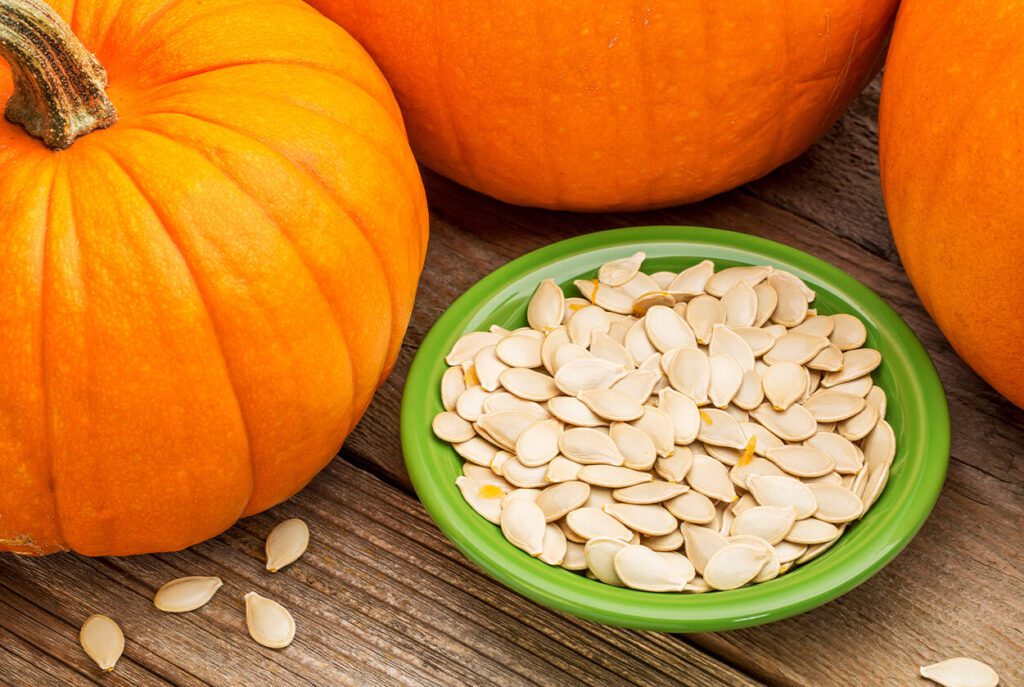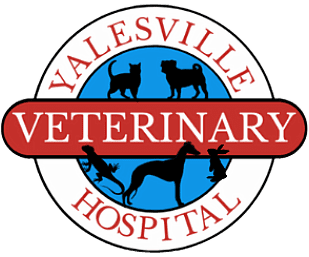Can Dogs Eat Pumpkin Seeds?

When it comes to the health and diet of our beloved dogs, it’s always wise to be informed about what’s safe and what’s not. In this blog, we’ll explore a common question among dog owners: Can dogs eat pumpkin seeds? This topic is especially relevant around the fall season when pumpkins are everywhere! We’ll dive into the benefits and precautions of feeding pumpkin seeds to dogs. If you have any concerns or need more information, the team at Yalesville Veterinary Hospital in Yalesville, Connecticut is always here to help. Feel free to give them a call at (203) 265-1646.
Are Pumpkin Seeds Safe for Dogs?
Pumpkin seeds are generally safe for dogs to eat in moderation. They are a good source of nutrients like antioxidants, fatty acids, and minerals such as zinc, iron, and magnesium. These elements can contribute to your dog’s healthy skin, coat, and immune system. However, it’s important to prepare them correctly – raw or cooked plain without any salt, spices, or sugar is best.
The Right Preparation Matters
Before offering pumpkin seeds to your dog, make sure they are cleaned and hulled. Whole seeds could be a choking hazard, especially for smaller dogs. If you choose to cook them, avoid adding any seasoning or oil. Simplicity is key to keeping it safe for your pet.
How Much and How Often?
Like any treat, pumpkin seeds should be given in moderation. A good rule of thumb is to offer them as no more than 10% of your dog’s daily diet. Overfeeding can lead to digestive upset or an imbalance in their nutrition.
Portion Control Based on Size
The size of your dog matters when determining the right amount. Smaller dogs should have fewer seeds than larger breeds. Start with a small amount and observe how your dog reacts before making it a regular treat.
Potential Health Benefits
In addition to being a tasty treat, pumpkin seeds can offer health benefits for dogs. They are known for their ability to help with urinary health and can also be a natural way to combat worms in the digestive system. However, they should not replace proper veterinary care or prescribed medications.
A Natural Dewormer?
Some studies suggest that the cucurbitin in pumpkin seeds might help in controlling intestinal parasites. While this is an interesting possibility, it’s essential to consult with your veterinarian at Yalesville Veterinary Hospital for any concerns about parasites or worming treatments.
Precautions and Considerations
Not all dogs will react the same way to pumpkin seeds. If your dog has a sensitive stomach or food allergies, it’s best to consult with your vet before introducing any new treat. Also, keep in mind that too many seeds can lead to gastrointestinal upset or blockages, especially in smaller dogs.
Signs to Watch For
If you choose to give your dog pumpkin seeds, be on the lookout for any changes in their digestion or behavior. Symptoms like vomiting, diarrhea, or loss of appetite could indicate that pumpkin seeds aren’t agreeing with them.
Reach out to Yalesville Veterinary Hospital with Questions about Your Dog’s Diet
As pet owners, our goal is to keep our dogs healthy and happy. Pumpkin seeds can be a safe and nutritious treat for your dog, but they should be given with care and in moderation. Always prioritize your dog’s overall diet and health needs. If you have any questions or need advice about your dog’s diet, the team at Yalesville Veterinary Hospital is just a phone call away. Reach out to them at (203) 265-1646 for guidance or to schedule an appointment.
Remember, each dog is unique, and what works for one might not work for another. It’s always best to err on the side of caution and consult with professionals when it comes to your dog’s health. By staying informed and attentive to our pets’ needs, we can ensure they lead a healthy and joyful life.
